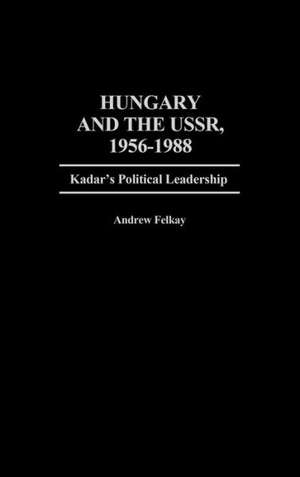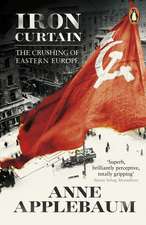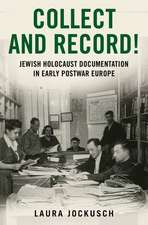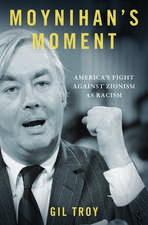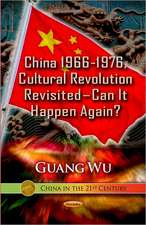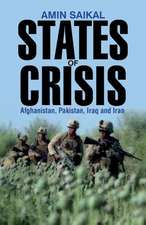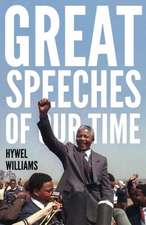Hungary and the USSR, 1956-1988: Kadar's Political Leadership: Great American Orators,, cartea 227
Autor Andrew Felkayen Limba Engleză Hardback – 31 dec 1988
In this comprehensive analysis of Hungarian political and economic developments over the past 30 years, Felkay focuses particularly on the role played by the country's long-tenured Communist leader, Janos Kadar. Basing his study on a comprehensive critical analysis of the official Hungarian press, ideological journals, relevant documents, and other statistical reports from 1956 to the present, Felkay argues that Hungary's rapid recovery from the cataclysmic events of 1956 was the direct result of Kadar's ability to overcome the alienation of his compatriots without incurring the displeasure of the Soviet Union. Felkay's reliance on primarily Hungarian Communist sources offers the reader a unique window on Kadar's political emergence as a pragmatic and unusally successful Communist leader.
Felkay begins with a brief history of Hungary and Soviet-Hungarian relations to the end of World War II, setting the context for the detailed political case study which follows. Subsequent chapters detail Kadar's youth, his early involvement with the Communist party, and his installatiton by the Soviets as Hungary's leader in the wake of the 1956 uprising. Felkay demonstrates that despite the circumstances of his selection and his lack of domestic support, Kadar emerged as an effective political leader in his own right. His introduction of innovative non-Marxist structural economic reforms, Felkay shows, enabled Kadar to create one of the most efficient economic systems within the Soviet bloc. Felkay continues with chapters covering the Czechoslovak crisis of 1968, the slowing of reforms and the effects of worldwide price explosions in the early 1970s, and the mounting economic problems that have confronted Kadar and Hungary in the 1980s. The concluding chapters address the most recent developments, including Kadar's removal from office and the impact of Gorbachev's glasnost and perestroika, and predicts likely future trends. Invaluable supplemental reading for courses in comparative politics, Central European politics, and the political economy of Eastern Europe, this volume provides a more comprehensive view of Hungary's contemporary development than has yet been available.
Preț: 464.73 lei
Preț vechi: 610.82 lei
-24% Nou
88.93€ • 95.09$ • 74.14£
Carte tipărită la comandă
Livrare economică 18 aprilie-02 mai
Specificații
ISBN-10: 0313259828
Pagini: 343
Dimensiuni: 156 x 234 x 21 mm
Greutate: 0.67 kg
Editura: Praeger
Seria Great American Orators,
Descriere
Cuprins
Kadar's Youth and His Early Involvement with the Communist Party
A Short PostWar Experiment in Democracy and the Communist Accession to Power
Power Struggle in the Hungarian Communist Party in the Mid-1950s
The Hungarian Uprising of 1956
The Defeat of the Uprising and Kadar's Installation as Hungary's New Leader
Kadar's Consolidation of His Hold on the Party and the Revival of the Economy
Rift with the United States and Special Relationship with Khrushchev
The Collectivization of Agriculture and Kadar's Journey to the United Nations
Kadar's Emergence as a Leader in His Own Right
Kadar's Bold Experiment--The New Economic Mechanism: 1968
The Czechoslovak Crisis of 1968 and Kadar's Dilemma
Early Economic Successes: 1968-1972
The Slowing of the Reforms and the Effects of the Worldwide Price Explosion
Return to the Reforms and Mounting Economic Problems
Epilogue: The End of the Kadar Era
Bibliography
Index
